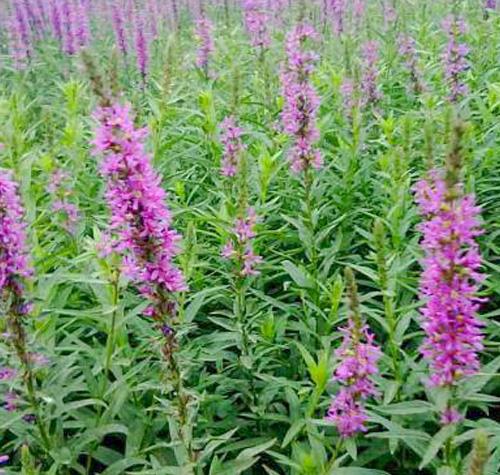Introduction of Chithana
0010010 nbsp; 0010010 nbsp; Lysimachia is a perennial herb. Often born in swamps and riverbanks, the Irish gave it a warm and strange name: the lost child by the lake, I think it may be because it is not a group of plants, but is grown in a single plant mixed with other plants Like a child lost in the crowd.
It is called 禊 萩 in Japanese, and it is 焊 萊 Hagi. Ogi stands for Hu Zhizi in Japanese and is one of the better autumn seven grasses.
Hu Zhizi is a leguminous plant with beautiful red and purple flowers. The inflorescences are long and swaying. The word 禊 also comes from China. In ancient China, it meant the sacrifices held by the water in the spring and autumn to eliminate the ominous. This meaning is also used in Japanese, especially at the Bon Festival in August, which has the custom of picking it. It is said that Guangqiancao was inserted in the water and served in front of the Buddha to eliminate the unknown.
The meaning of it in Japanese is not only to have the beauty of twigs, but also to bring people auspiciousness and eliminate bad luck, which is much stronger than the wild vegetables used for fruit belly in the Chinese sense.
In China, the names of many wildflowers carry the word vegetable, which is probably a characteristic of the farming nation. And Jin Meiling's poem, with a little sadness. It just opened in July and August, it was the early autumn, and it was during the bon festival of ancestor worship. The dew that went to the distant sea could never go back to Qianqiancai. Just as deceased relatives are separated from us by yin and yang. In this way, with a special meaning, it is the wildflower that is more suitable for this little poem.


